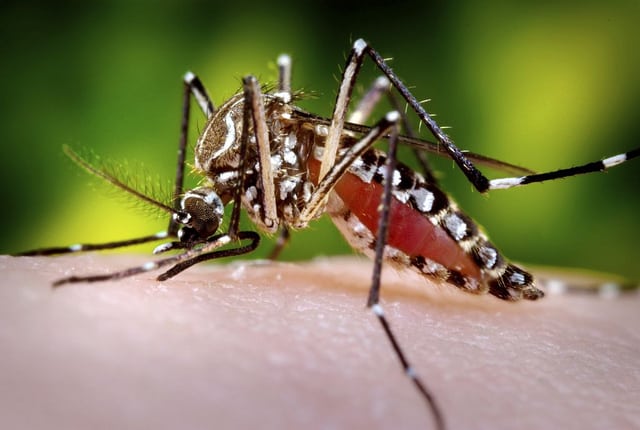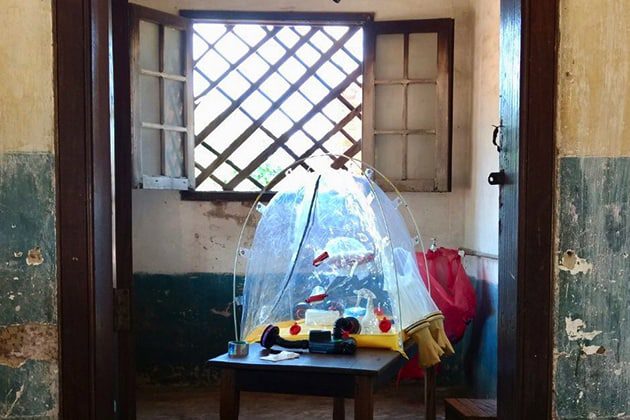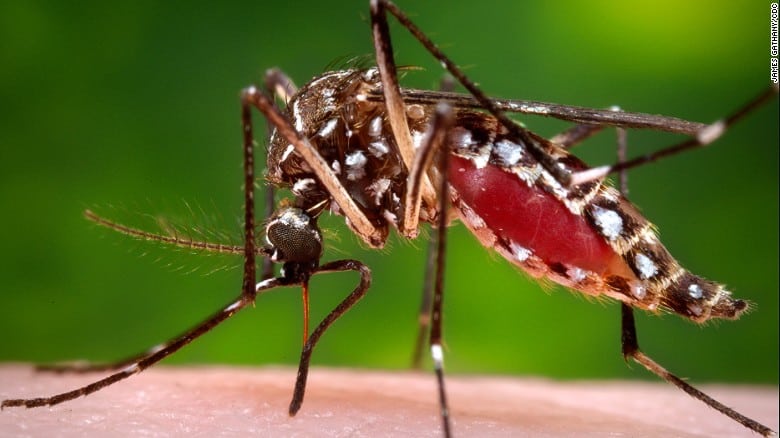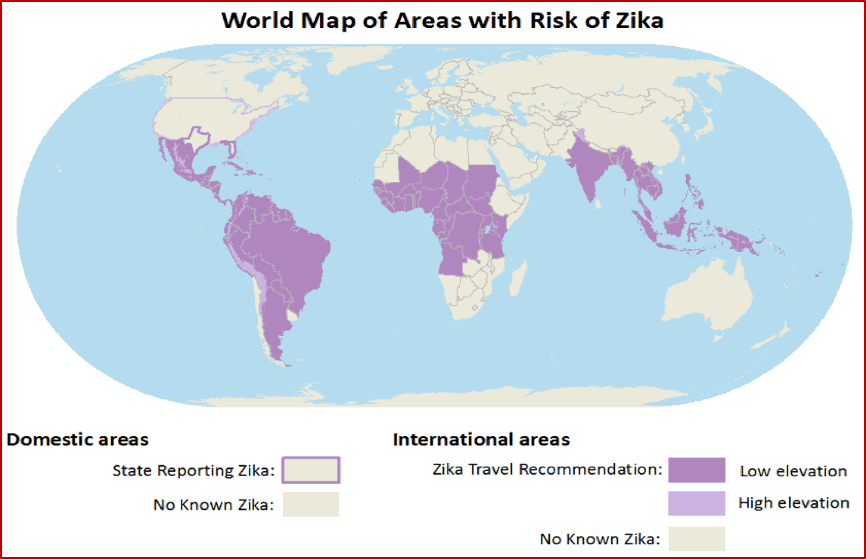Alphabet, Google’s parent company, owns and operates the biotechnology company Verily. The company, formerly known as Google Life Sciences, is receiving a lot of attention with an ongoing project. Verily is releasing bacteria-infected mosquitoes in Central California with the goal of reducing the Aedes aegypti mosquito population – known carriers of the Zika, dengue and… Continue reading Google-owned Company, Verily, Uses Mosquitoes to Reduce Mosquito-Borne Diseases
Category: Blog
Ebola Crisis in the DRC Declared Defeated
Two months ago, the deadly Ebola virus made international headlines as it appeared that the virus had returned to the Democratic Republic of Congo (DRC) And on May 11, the DRC’s Ministry of Health affirmed to the World Health Organization (WHO) that a blood sample taken from a suspected case had tested positive for the… Continue reading Ebola Crisis in the DRC Declared Defeated
Gonorrhea: The Next Superbug?
For years, public health experts have warned that a rising tide of antibiotic resistance could make once-manageable diseases into untreatable “superbugs.” Now, an illness most would rather ignore is approaching that threshold and demanding global attention: gonorrhea. Gonorrhea, a sexually-transmitted bacterial infection, is already a heavy burden on public health agencies. The WHO estimates that… Continue reading Gonorrhea: The Next Superbug?
Yemen: A Man-Made Cholera Outbreak
Yemen’s cholera outbreak has deep roots in the country’s civil war; warring factions have destroyed sanitation infrastructure and blocked access to critical medical and humanitarian supplies. Cholera is an acute diarrheal infection caused by the ingestion of bacteria present in water and food contaminated with feces. Previous outbreaks in Haiti, Somalia, and the Democratic Republic… Continue reading Yemen: A Man-Made Cholera Outbreak
VIGILINT Case Study – Medical Emergency at a Corporate Event
Overview: Special events present unique medical challenges that require on-the-ground medical support, crisis management and an actionable plan. This case study illustrates the value of VIGILINT’s on-site medical expertise at a global corporation’s retreat in Las Vegas. Note: The corporation and employee’s name have been withheld in accordance with the corporations PR and legal policies.… Continue reading VIGILINT Case Study – Medical Emergency at a Corporate Event
The Invisible Threat – Inside the Leading Environmental Cause of Death
An unintended consequence of globalization and the spread of industrialization, air pollution has become the leading environmental cause of death globally and fifth among all causes of death, including smoking, diet, and high blood pressure. The 2017 State of Global Air report found that air pollution was responsible for 4.2 million deaths worldwide in 2015.… Continue reading The Invisible Threat – Inside the Leading Environmental Cause of Death
Meningitis in Nigeria
Sub-Saharan Africa, aptly named the “African Meningitis Belt”, is no stranger to meningitis outbreaks with over one million cases reported since 1988. Outbreaks generally occur during the dry months (December – June) when people are more likely to spread the disease by sneezing and coughing as a result of the dry air. And this season,… Continue reading Meningitis in Nigeria
Measles: Here to Stay?
During the 1950s, in stark contrast to the present day, almost every American was affected by the measles, with nearly all children suffering a bout of the measles before their 15th birthday. Now, 17 years after being declared eliminated, the U.S. is experiencing a comeback of this deadly disease. Back Again So Soon? Until 2008,… Continue reading Measles: Here to Stay?
Epidemiology Report: Mosquito Borne Diseases From Travel
As VIGILINT has reported, the 2016 Zika outbreak in Central and South America highlighted the threat posed by vector-borne diseases to governments, corporations, and travelers. With the ability to host a number of different diseases, mosquitos cause the deaths of hundreds of thousands of people worldwide each year. Increasing global temperatures create more mosquito-friendly habitats,… Continue reading Epidemiology Report: Mosquito Borne Diseases From Travel
Travel Emergency Nightmare: Held Hostage by the Hospital
We’ve all experienced an unexpected sickness while traveling, possibly caused by an undercooked piece of meat from the local “go-to” restaurant or maybe a virus that was contracted earlier inconveniently rearing its ugly head 2,000 miles from home. Sickness does not discriminate; the anxiety triples when we are in a foreign country and worsens if… Continue reading Travel Emergency Nightmare: Held Hostage by the Hospital
Zika: One Year Later
April 17, 2017: One year ago, the World Health Organization (WHO) declared Zika a global public health emergency. While that formal emergency designation was rescinded several months ago, Zika remains a serious health threat for governments, corporations, and travelers. Its severe repercussions for pregnancies and rare but potentially severe complications in adults, wide geographic spread,… Continue reading Zika: One Year Later
Cuts to USAID increase the likelihood of a major global pandemic
With government program funding cuts and key positions left unfilled, the United States is critically unprepared to forestall the emergency of the next global pandemic. A corporation’s internal preparedness pandemic preparedness efforts just became significantly more important. The Trump Administration is proposing a 25% funding cut at the United States Agency for International Development (USAID).… Continue reading Cuts to USAID increase the likelihood of a major global pandemic












